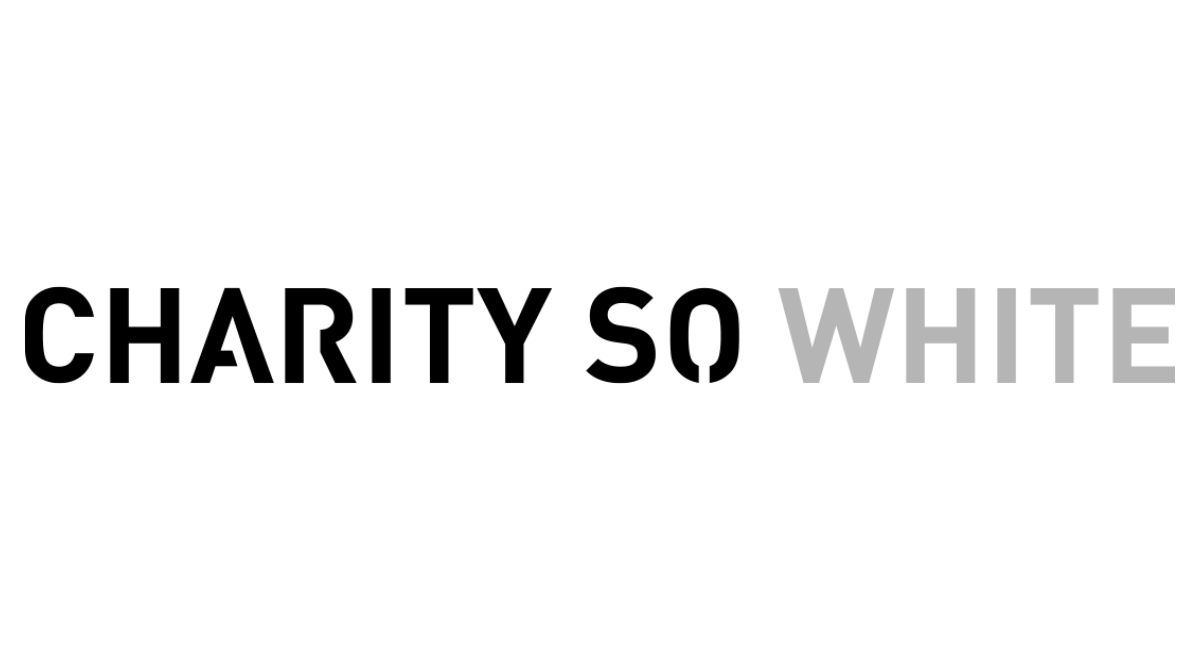COVID-19 IS NOT A SOCIAL EQUALISER. IT IS DISPROPORTIONATELY IMPACTING BAME COMMUNITIES AND WE NEED URGENT ACTION
A Live Position Paper by #CharitySoWhite
Last updated: Sunday 31st May 2020
1st June 2020: We have now wrapped up our live position paper Racial Injustice in the Covid-19 Response. We will now be shifting our focus towards tackling the systemic racism that led to this tragedy. You can read our full rationale behind closing our live position paper here.
This live position paper provides an overview of the risks and impact of COVID-19 on racial inequalities within the UK. It outlines an urgent call to action, including specific recommendations for civil society and its funders, to put BAME communities at the heart of their response to ensure it addresses root issues and maximises impact. If you are working across any of the principles or issues we have highlighted, please let us know. You can contact us through charitysowhite@gmail.com and a member of our team will get back to you.
#CharitySoWhite are all volunteers and have published this paper for free to make it accessible to all. It has taken time and effort for our committee to bring this together. Make a donation when you have read this to recognise the value of our work and to be an ally to #CharitySoWhite.
You can read the executive summary below, and read the whole paper by following clicking the button below. Offline and accessible versions of the whole paper are available for download here.
TAKE ACTION: Sign our open letter calling for ring fenced relief funding for BAME voluntary organisations. Read and sign here.
Help us reach more people and leaders in the charity sector. Share this paper and join the conversation on twitter by using #CharitySoWhite.
Five Key Principles to Guide our Sector’s Response to COVID-19
1. Now is the time to address racial inequalities in our sector
This is not about choosing between tackling racial injustice and mitigating the impact of COVID-19. The sector should respond with an intersectional approach, taking racial injustices in our society into account, in order to be effective.
2. Acknowledge the power you hold, don’t distance yourselves from it
We hold more power as a sector than we admit. It’s time to use that power and to recognise that current models of funding and delivery are struggling, while others which don’t meet our standard metrics are taking the lead.
3. Actively value lived experience and centre “at risk” communities
Account for the different lived experiences of marginalised communities and prioritise coordinated action to centre them in delivery and funding.
4. It’s time to trust the BAME voluntary sector
To best reach those most impacted by the crisis, we need to work with organisations closest to them. We urge organisations to avoid knee-jerk relief efforts and ensure they have built in the mechanisms to work directly with community leaders.
5. Recognise and support BAME staff and volunteers
BAME employees will be disproportionately impacted by the pandemic as they tend to be more junior or on temporary contracts. Senior leadership should account for this, as many employees are at risk of staff cuts and hiring freezes.
The Impact of COVID-19 on the BAME Communities
Without a purposeful, intersectional approach centring Black, Asian and Minority Ethnic (BAME) communities the current outbreak of COVID-19 will lead to severe consequences and will further entrench racial inequalities in our society. We have identified the following key issues in relation to this:
Health Inequalities
BAME groups remain over-represented in the “at-risk” communities identified by the Government, which is concerning given the racialised access and treatment within the UK health system
Emergency Measures Legislation
The lack of guidance around emergency measures, such as police powers and school closures is already leading to local variation and disproportionate impact on BAME communities
Risk of Destitution
BAME communities are over-represented in key worker categories, as well as over-represented in low income groups with lower rates of home ownership
Hostile Environment
The hostile environment and particularly No Recourse to Public Funds is preventing migrants from accessing basic rights during the crisis
Protection and Enforcement
The concern about increases in domestic violence, the rights of those currently in prison or detention, and increased attacks against East Asians
Resources
A live list of the key resources we have used in developing this and links to other organisations doing great work in this area.

